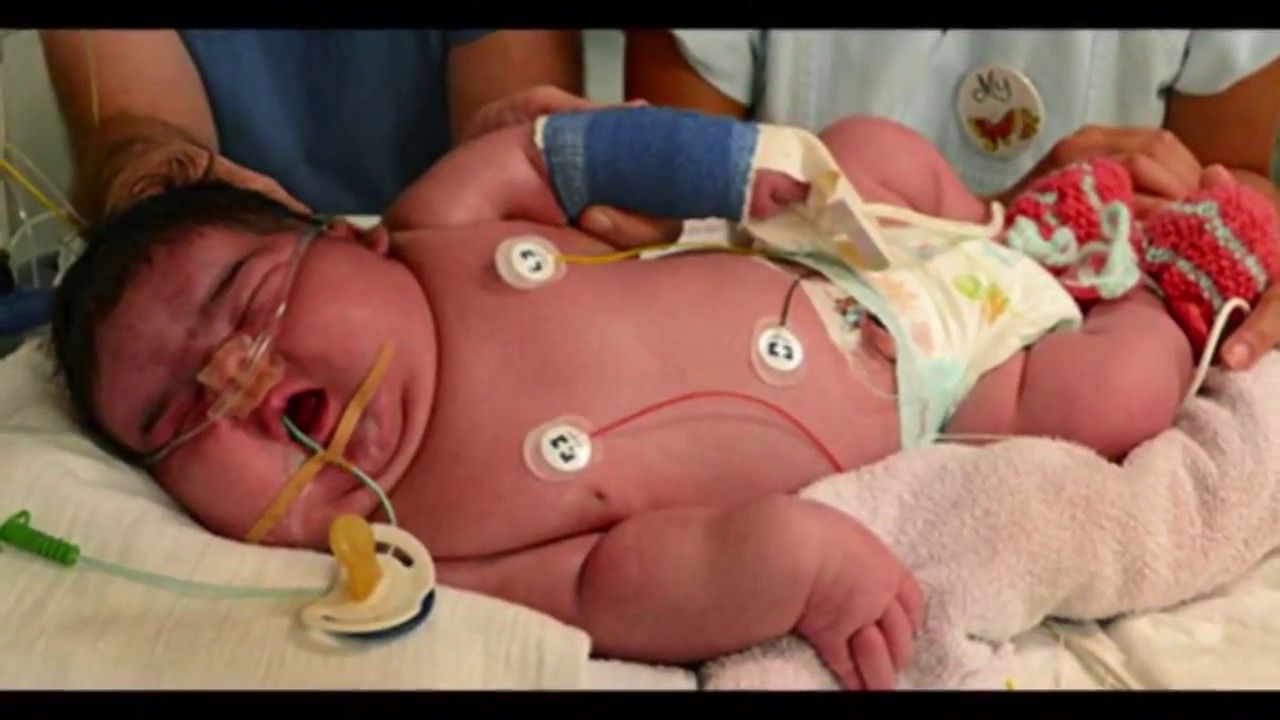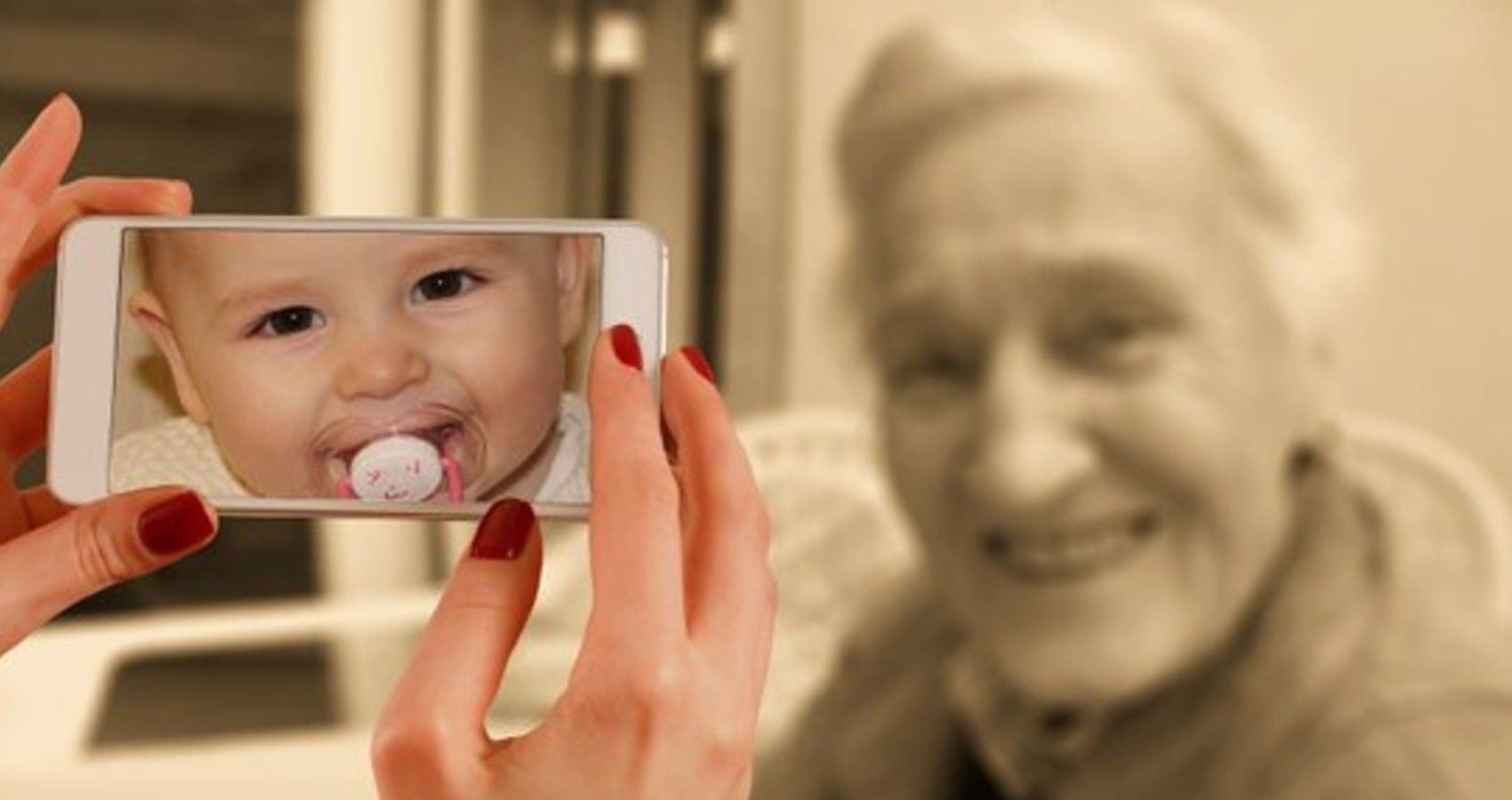Moms are amazing, there is no doubting that. They work full time from the second their children are born. Some take on jobs on top of motherhood, too. They run the house, make meals, clean up, and do laundry. It seems their tasks are endless sometimes.
Moms have so many great qualities and talents. They invest time and energy into understanding their children and love them unconditionally. They are teachers, teaching their children how to cope with emotions and express their feelings. Is there anything they can't do?
But, what about the facts? Moms all over are doing everything all the time, but some things really stand out. The kinds of things that make you wonder and do Google searches. That is what the list below is all about. Amazing facts about moms/motherhood.
17 Pregnancy
The longest pregnancy ever recorded lasted 375 days, nearly 100 days longer than a normal pregnancy. Typical pregnancies last around 280 days, so in 1945, Penny Diana Hunter's baby was nearly a hundred days overdue. Longer pregnancies are actually more common than one might think. According to The Guardian, many women reported being pregnant for 10 or 11 months, rather than the usual nine.
16 Giving Birth
The youngest mother in recorded history was Lina Medina. A child herself, she was just 5 years old when she gave birth to a 6 lb. baby boy (via cesarean) in Peru in 1939. Rare Historical Photos says Lina's parents initially thought their daughter was suffering from a massive abdominal tumor.
After being examined by doctors in Pisco, Peru, they discovered she was seven months pregnant. The diagnosis was confirmed. Lina was born with a rare condition called "precocious puberty". Precocious puberty is basically the early onset of sexual development.
15 Oh Baby!
The heaviest human baby was born to Signora Carmelina Fedele in Aversa, Italy in September 1955. Her son weighed 22 pounds, 8 ounces!
14 Diaper Duty
The average Mom will have changed approximately 7,300 diapers by the time her baby reaches age two. This is based on a single child, and changing the diaper every two-three hours as recommended by the American Academy of Pediatrics.
13 Female Fetus
Every female fetus including your mother, developed all the eggs she will ever have while as a fetus herself, still inside of her own mom. Because one of those eggs ultimately developed into you, this means you started your life inside your grandmother.
12 The Beat Of My Heart
The fetal heart races faster when hearing its mother's voice versus a stranger's voice.
11 Listen To Your Mother
The sound of a mom's voice lowers a child's stress hormone, cortisol, and raises their level of oxytocin, a hormone linked with love and bonding.
10 Aging Gracefully
Erramatti Mangayamma at age 74, gave birth to twins in India last week after becoming pregnant through IVF. This made her the oldest person ever to give birth, according to her doctors, and reignited debate over so-called geriatric pregnancies.
9 Gene Therapy
After delivery, mothers go through a phase called microchimerism. According to The Journal of Obstetric Medicine, fetal microchimerism is defined as low levels of fetal cells harboring in maternal blood and tissues during and for decades after pregnancy.
8 Welcome To The Jungle
Elephants earn their spot on this list for giving birth to the biggest babies on Earth. Approximately 200–250 pounds! They also carry these babies for a whole 22 months.
7 To Die For
The female octopus' mission is to have just one successful brood in her lifetime. In accordance, she will lay roughly 200, 000 eggs and do anything to protect them. During the month of caring for the eggs, the female octopus is starved nearly to death. She may even go as far as ingesting her own arms before she will leave her eggs for food. Once hatched, the offspring float around in blooms of plankton. The mother, too weak to defend herself at this point, often falls prey to predators.
6 Holy Mother!
There are roughly 82.5 million mothers in the United States, and more than 2 billion worldwide. Approximately 4.3 babies are born every second.
5 Baby, Baby, Baby
On 6 May 2021, Associated Press announced the delivery of nine children born to Halima Cisse (Mali) in the Ain Borja clinic in Casablanca, Morocco. This is the first known incidence of nonpulets surviving birth. The doctors had thought she had only seven babies in the womb. Born at 30 weeks gestation, they all weighed between one and two pounds.
4 No Time To Wait
The shortest interval between two different births is 208 days or 6½ months. Jayne Bleackley gave birth to a son on September 3, 1999. She later gave birth to a daughter on March 30, 2000.
3 Family Values
The mom with the most kids is Mrs. Feodor Vassilyev of Russia. She gave birth to 69 children between 1725 and 1765.
2 The Nesting Phase
The African Black Eagle typically will lay two eggs. After they hatch, the mother will just feed one of the chicks. The other chick is usually pecked to death by the other chick while the mother looks on.
1 Smile
According to Infant Behavior and Development, when mothers smile, coo, and show affection to their babies, their heartbeats synchronize into the same beat. So, if a baby is distressed, it calms them down. This is the reason why newborns need mothers the most when they are fussy and refuse to be calmed down by other family members.
Sources: The Guardian, Rare Historical Photos, American Academy of Pediatrics, Journal of Obstetric Medicine, Associated Press, Infant Behavior And Development

.png)









.png)



.png)
.png)
